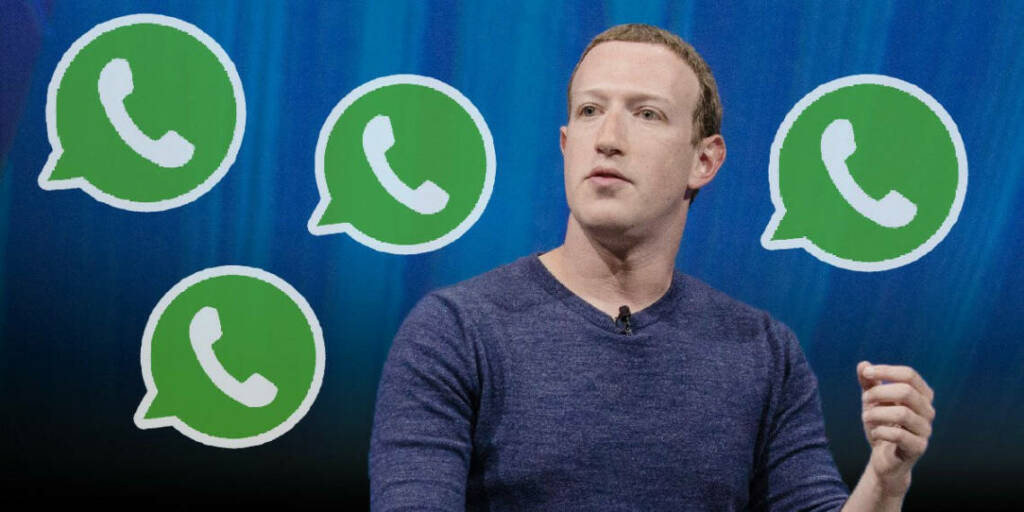Facebook-owned WhatsApp will go ahead with its new hara-kiri privacy policy update despite facing stiff resistance from the public. However, while making the announcement, WhatsApp also confirmed that users were not accepting the new privacy policy, albeit moving to other platforms. After setting an initial deadline of February 8, WhatsApp has had to take a step back and extend the final date of accepting the privacy policy to May 15.
WhatsApp told in an email to TechCrunch that it will “slowly ask” users to accept the new terms of service “in order to have full functionality of WhatsApp” from May 15. Sensing the growing outrage in India, WhatsApp had tried every last trick in the book to woo its customer base. The Mark Zuckerberg-led platform published full-page front ads in national dailies and even rolled out multiple part stories in the status update feature of the users.
Read more: Zuckerberg finally takes his fangs out: New WhatsApp policy is a dystopian attack on user privacy
As reported previously by TFI, WhatsApp’s updated user policy gives Mark Zuckerberg the right to share user’s information with Facebook and other third-party apps. What is worse about this new policy is that the new update comes with a condition that if the user refuses to share data with Facebook, they will have to quit WhatsApp. In other words, the messaging application is forcing the users to accept a policy that exploits their personal data.
WhatsApp users fearing their data being sold to Facebook and other third parties quickly started looking for new options and Signal, Telegram and now government-built Sandes have become the preferred destinations.
Favoured by tech giants, cybersecurity experts, journalists, government officials, and many more, Signal has gone from a darling secret of the security community to something even the non-tech savvy are using as an alternative messaging app after WhatsApp destroyed its own credibility.
Read more: He was forced to sell WhatsApp to Facebook. Now, he has come back with Signal to dethrone WhatsApp
Unlike WhatsApp, Signal’s source code has been available in public, and experts have been able to poke and prod at its defences for years, and thus it stands out when compared to WhatsApp. Even Elon Musk had batted for Signal which suggested the app was indeed a viable alternative.
Use Signal
— Elon Musk (@elonmusk) January 7, 2021
Recently reported by TFI, the officials in some government ministries have already started using the GIMS or Government Instant Messaging System. Last year, several reports claimed that the government-developed chatting app may be called GIMS. However, it turns out that the messaging app has now got a desi name – ‘Sandes’.
The government is yet to make any announcement regarding its official launch but given WhatsApp’s deteriorating reputation – Sandes is expected to be rolled out soon.
The government has had to do little to nothing to counter WhatsApp’s monopoly in the market. The company itself is operating in a ‘self-destruct’ mode by shoving its dictatorial privacy policy down the throat of its loyal users, forcing them to look for new alternatives. While the Modi government managed to create an alternative to Twitter by promoting Koo, its work so far has been menial when it comes to the instant-messaging platform.
While Mark Zuckerberg led WhatsApp continues to rake the negative plaudits, the other rivals appear to benefit massively, which, in turn, is a good signal for the country as the big tech’s and their hegemony is finally being targeted.
